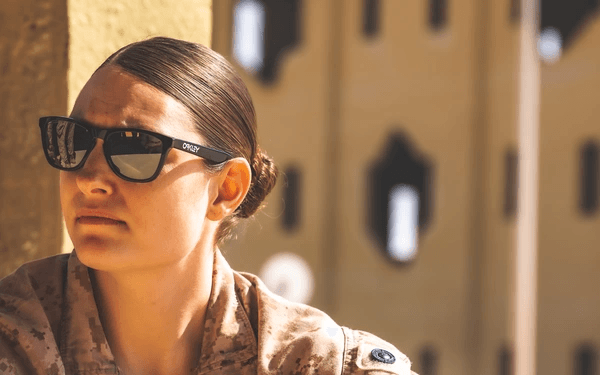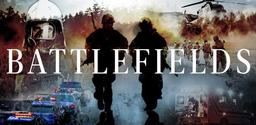Commentary
Veterans
Opinion
The Roller Coaster Called ‘Healing’
A vet reflects on the ups and downs of healing. ‘No matter what your trauma is, it is valid—it is real.’

A member of a USMC Female Engagement Team ponders her next mission. Lance Cpl. Andrew Skiver/U.S. Marine Corps Forces Central Command
Born and raised in North Carolina, Kasey Franklin enlisted in the N.C. Air National Guard in 2009 and has since deployed twice in support of Operation Enduring Freedom from 2012–2013 and Operation Freedom's Sentinel in 2019 attached to Special Operations Command, as well as participating in multiple overseas training missions including to Poland and Romania. Kasey is currently serving as a Training NCO (noncommissioned officer) in the Active Guard Reserve (AGR) Program. As an advocate who is passionate about mental health, she began writing as a form of therapy and is sharing her story in hopes it will help others who are struggling—to not only know they aren't alone, but to open the door for them to share their story as well.
